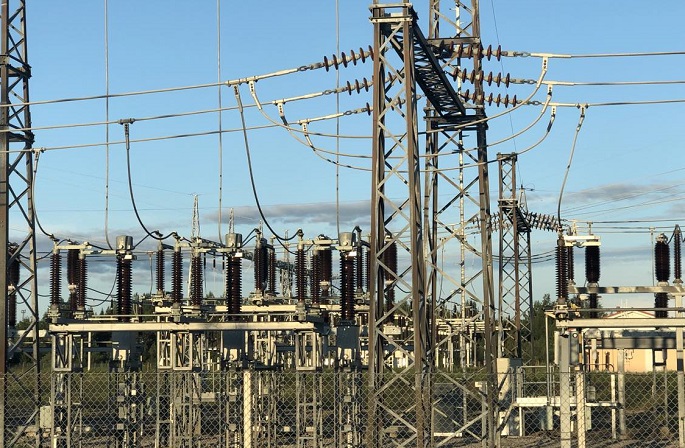Electricity generation in Baltics slows in June
Published : 26 Jul 2024, 03:19
The Baltic countries generated a total of 1,178 GWh of electricity in June, down 21 percent month-on-month, Latvian energy group Latvenergo reported on Thursday, reported Xinhua.
In June, Latvia alone experienced the biggest monthly decline in electricity generation, dropping 60 percent to 168 GWh. Estonia saw a 4 percent decrease, producing 413 GWh. Lithuania generated 597 GWh, marking a 7 percent reduction from May.
In June, the states also experienced a significant month-on-month decline in power generation from renewable resources. Wind power generation decreased by 20 percent, solar by 7 percent, and hydroelectric by 66 percent.
Electricity production at Latvenergo hydroelectric power stations decreased by 68 percent in June compared to May, totaling 121 GWh. At the same time, energy production at Latvenergo thermal power stations did not occur due to a lack of market demand.
Some hydroelectric generation areas in the region are receiving diminished water replenishment. In June, water inflow in the Daugava River continued its downward trend, falling by 66 percent from the previous month. According to the Latvian Environment, Geology, and Meteorology Center, the total precipitation in Latvia last month was 22 percent below the norm, resulting in water inflow being 26 percent below the multi-year average level for this period.
The drop in power generation drove up average electricity prices in the Baltics, which increased by 21 percent in June compared to May, amounting to 91.64 euros (99 U.S. dollars) per MWh, Latvenergo said in its latest Electricity Market Review.


